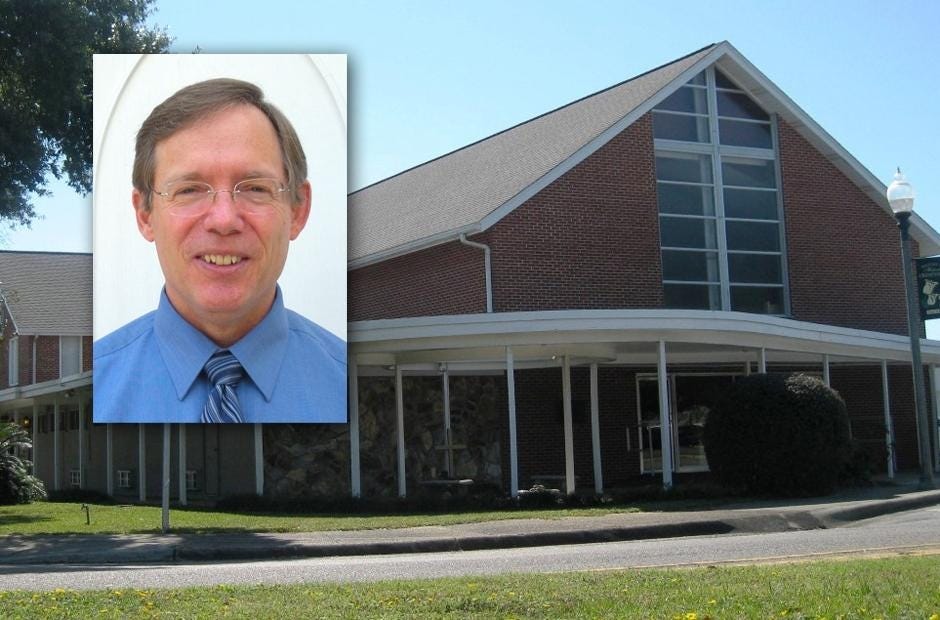![The Rev. Mark Broadhead is pastor at Laurel Hill Presbyterian Church and First Presbyterian Church of Crestview. [File photos | News Bulletin]](http://127.0.0.1/wordpress/wp-content/uploads/2022/01/ghows-DA-4d499a7a-07cf-2d0c-e053-0100007f2a3f-d79b60ae.jpeg)
Have you ever felt betrayed by a family member, a friend, a co-worker?
You have a great relationship going, then one day something is said or done that shatters the relationship.
Unfortunately, it happens to most people more than once in a lifetime.
When loyalty or friendship is betrayed, what are some typical reactions felt by the “victim”?
Make the other person hurt as much as you’ve been made to hurt.
Get your friends to hate the other’s friends.
Malign the other person’s name around town.
Get even — or in some cases, more than even.
Those are some natural reactions. And if they are followed and acted upon, what good do they do?
In the short run, it might feel good. Retribution has been made. Now the other is just as miserable. “Hah! Take that! How do you like it?”
But is anything resolved by seeking revenge? No. The feelings of hurt, anger and/or betrayal will still be alive and strong. Nothing will have been settled.
The Bible tells us that revenge belongs to God. He will repay in his own time and way. The scriptures tell us that we should seek reconciliation. This would mean coming together face to face, talking about the incident, and especially the feelings that were stirred up. If the attempt at reconciliation is successful, the relationship can begin to heal — although it will be different than it was in the past.
I once heard an old saying, “Fool me once, shame on you. Fool me twice, shame on me.” Yes, if we don’t learn something from the event and the ultimate reconciliation, we may be duped once again. But with eyes and ears wide open, that is less likely to happen.
If reconciliation isn’t possible, the Bible says we are to at least forgive the one who hurt us. Remember, this does not mean you condone what the other did. It does not mean you pretend it never happened. It does not mean you have to enter back into a relationship with them.
It does mean, however, that you are willing and able to let go of the hurt, anger and pain that stirred up because of the incident.
It means you will not allow your life to be dragged into dark depths by harboring ill will toward the other.
Cutting ties may certainly be necessary for health and survival, and that’s okay because even Jesus said to knock the dust from your feet and move on.
Betrayal is devastating on so many levels. When it happens, allow yourself to process the incident and your feelings appropriately. Surround yourself in prayer, seeking God’s guidance. Remember that both reconciliation and forgiveness bring freedom to your heart. The weight you carry will get lifted. You will become wiser and stronger.
Give God glory by doing as his word directs, and you will have life.
The Rev. Mark Broadhead is pastor at Laurel Hill Presbyterian Church and First Presbyterian Church of Crestview.

This article originally appeared on Crestview News Bulletin: Betrayal devastates; reconciliation frees us
